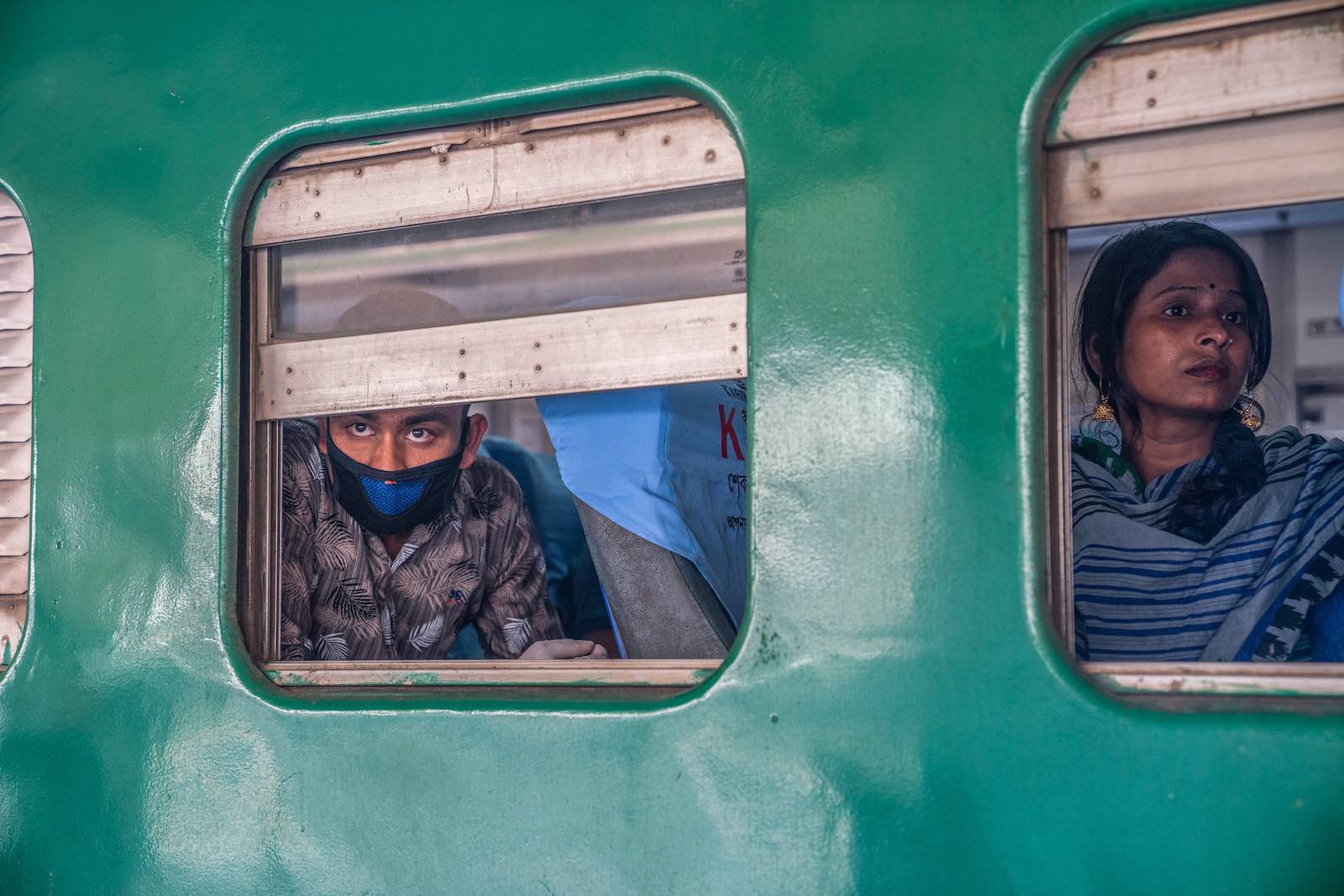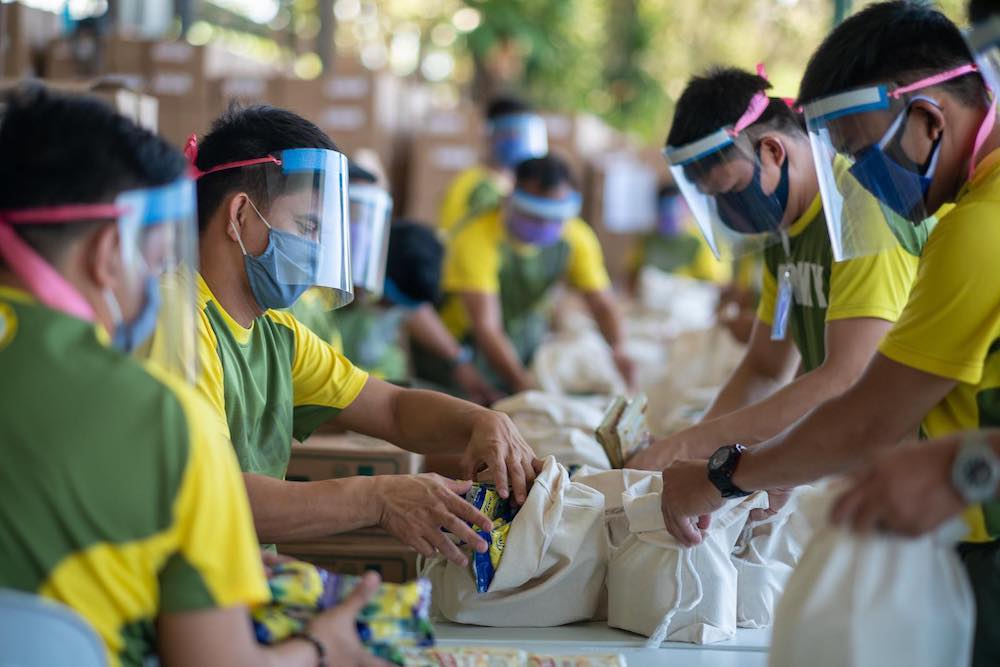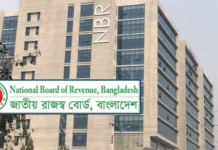7 May 2020
Covid-19 has challenged fears, or hopes, the AIIB would supplant
the World Bank and ADB as the development bank in Asia.

The Covid-19 pandemic means that more low- and middle-income economies are more reliant on multilateral development banks. Despite the media focus on “mask diplomacy” (or the lack of it) from individual countries, most notably China, development bank lending has been the largest external source of rapid response concessional loans and grants to address the effects of the pandemic. This will likely remain the most important external source of concessional funds for these countries to address Covid-19’s aftermath as well.
Fortunately, poorer states in Asia can access funding from the US-led World Bank, the Japan-led Asian Development Bank (ADB), and the China-led Asian Infrastructure Development Bank (AIIB), with two caveats. The ADB’s definition of Asia excludes the Middle East, while no state with diplomatic relations with Taiwan has been granted AIIB membership. The ADB recently tripled its Covid-19 facility to $20 billion and the AIIB doubled its to $10 billion. The World Bank quickly established a $14 billion program at the beginning of the pandemic and has committed up to $160 billion to help countries address the costs over the next 15 months.
The World Bank and ADB entered this pandemic period with some undoubted advantages over the AIIB.
By the end of April, the AIIB had agreed to one Covid-19-related loan, a $355 million one to China.
In comparison, the ADB has agreed to loans and grants worth $4.7 billion for Covid-19 response efforts (13 times more than the AIIB) across 11 regional member states, including $150 million for two projects in China. India, Indonesia and the Philippines each have secured $1.5 billion in ADB loans in this time of great and urgent need.
The World Bank has agreed to loans of $4.4 billion (12.5 times more than the AIIB) across 27 states in Asia. India alone has secured $2 billion in Covid-19 project support from the World Bank. For Middle Eastern and Central Asian states, the World Bank has been the only among this trio to disburse Covid-19 assistance. (The table below provides more detail.)

The World Bank and ADB entered this pandemic period with some undoubted advantages over the AIIB. The World Bank and ADB are larger and much more established development banks with experience in responding to health pandemics. The AIIB still was finding its feet and learning from the World Bank and ADB when this virus hit China then spread to the rest of Asia.
The World Bank and ADB are more diversified development banks with a focus on policy-based financing that is particularly important currently. The AIIB, as indicated by its name, has concentrated mostly on project-based lending. Reflecting these differences in experience and expertise, under the AIIB’s Covid-19 Crisis Recovery Facility, it will “provide policy-based finance only in the form of cofinancing with the WB (and ADB)”.
For those that feared or hoped that the AIIB would supplant the World Bank and ADB to become the leading development bank in Asia, this pandemic is a useful corrective. China may be getting more media coverage for its unilateral Covid-19 assistance in Asia than the US or Japan. When it comes to the development banks each power leads, the story is much different.
Covid-19 Lending and Grants to Asia, $M (end-April 2020)
| Country | World Bank | ADB | AIIB |
|---|---|---|---|
| Afghanistan | 100 | ||
| Bangladesh | 100 | ||
| Bhutan | 5 | ||
| Cambodia | 50 | ||
| China | 150 | 355 | |
| Georgia | 80 | ||
| India | 2000 | 1500 | |
| Indonesia | 250 | 1503 | |
| Iraq | 350 | ||
| Jordan | 161 | ||
| Kyrgyzstan | 12 | ||
| Laos | 18 | ||
| Lebanon | 96 | ||
| Maldives | 7 | 0.5 (grant) | |
| Marshall Islands | 3 | 0.37 (grant) | |
| Mongolia | 27 | 1 (grant) | |
| Myanmar | 50 | ||
| Nauru | 0.32 (grant) | ||
| Nepal | 29 | ||
| Pakistan | 250 | 2 (grant) | |
| Papua New Guinea | 20 | ||
| Philippines | 600 | 1503 | |
| Samoa | 3 | ||
| Solomon Islands | 5 | ||
| Sri Lanka | 129 | ||
| Tajikistan | 11 | ||
| Tonga | 0.47 (grant) | ||
| Tuvalu | 0.37 (grant) | ||
| Vanuatu | 50 | ||
| West Bank | 5 | ||
| Yemen | 27 | ||
| Total | 4438 | 4661 | 355 |









